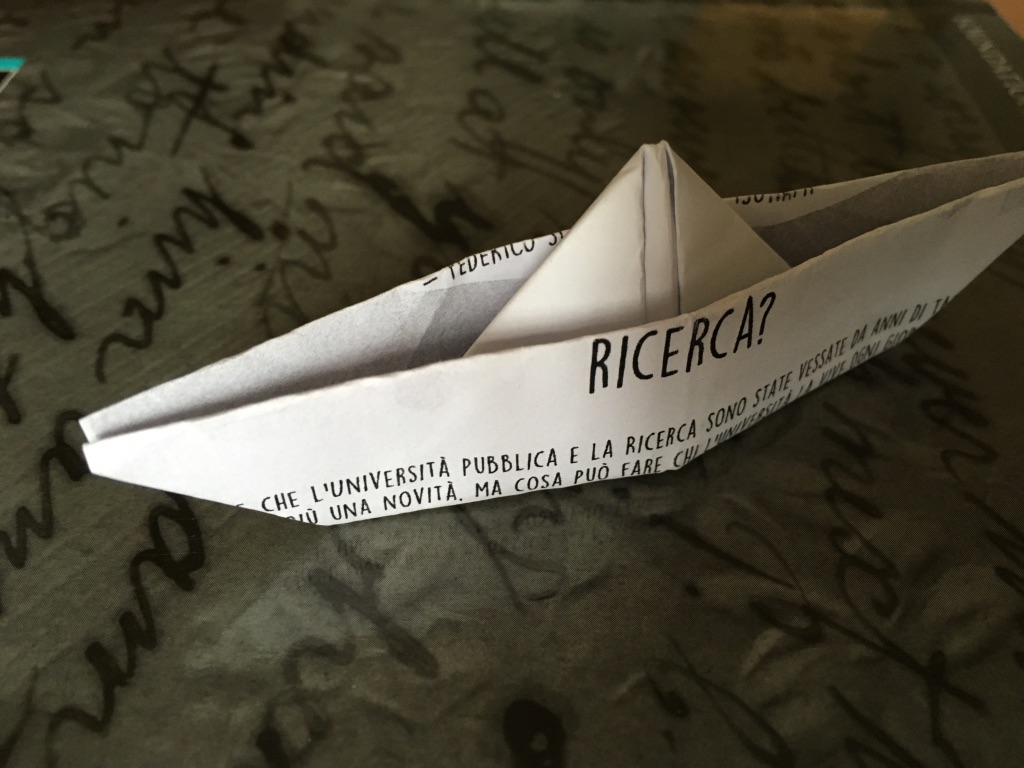|
|
The work of Ludwig Wittgenstein has always been of great interest for me. In my own publications, I have focused on his contributions to the philosophy of mind and rule-following, but also to the literary form of Wittgenstein’s writing – which is, in my view, one of the reasons why so many artists and writers have been fascinated with Wittgenstein. In the volume The Literary Wittgentein, which I have edited with John Gibson, we have invited scholars to reflect on the significance of Wittgenstein’s philosophy for our theoretical understanding of literature. Over the last years, I had several occasions to reflect on Wittgenstein’s enigmatic remarks on Shakespeare and the misunderstandings they have created.
Rules, Mind, Realism
The Transition from Causes to Norms
Wittgenstein on Training
in: Grazer philosophische Studien 71 (2006), pp. 205-25.
The World as We See It
A Late-Wittgensteinian Argument for Direct Realism
in: Wittgenstein and the Future of Philosophy: A Reassessment after 50 Years, ed. by
R. Haller and K. Puhl, Kirchberg: Austrian Ludwig Wittgenstein Society, 2001, pp. 326-31.
Wittgenstein and Literature
Wittgensteins kulturelle Heimat
Über Philosophie und Dichtung im “Kringel-Buch”
in: Kulturen und Werte: Wittgensteins Kringel-Buch als Initialtext, ed. by Josef Rothhaupt and Wilhelm Vossenkuhl, Berlin: de Gruyter, 2013, pp. 433-450.
Wittgenstein e la letteratura
in: Wittgenstein, estetica e arte, ed. by Elisa Calderola, Davide Quattrocchi and Gabriele Tomasi, Roma: Carocci, 2013, pp. 227-241.
Wittgenstein, il filosofo dei poeti
in: Pensare la vita. I messaggi dei grandi filosofi, ed. by Ferruccio Andolfi, Reggio Emilia: Aliberti, 2013, pp. 139-160.
Wittgenstein, Language, and Philosophy of Literature
in: The Literary Wittgenstein, ed. by J. Gibson and W. Huemer, London: Routledge, 2004, pp. 1-13.
German translation:
Wittgenstein, Sprache, und die Philosophie der Literatur
in: Wittgenstein und die Literatur, ed. by J. Gibson and W. Huemer, trans. by Martin Suhr, Frankfurt/M.: Suhrkamp, 2006, pp. 9-29.
Chinese translation:
导论:维特根斯坦.语言与文学哲学
in: 文人维特根斯坦, ed. by J. Gibson and W. Huemer, Shanghai: Sanhui Culture and Press, 2008, pp. 1-18.
[BOOK] The Literary Wittgenstein
ed. with John Gibson. London: Routledge, 2004.
German translation:
Wittgenstein und die Literatur
Frankfurt/M.: Suhrkamp 2006.
Chinese translation:
文人维特根斯坦, Shanghai: Sanhui Culture and Press, 2008.
Wittgenstein and others
Non parlare e non tacere. Thomas Bernhard e Ludwig Wittgenstein
in: Filosofia e letteratura in età moderna e contemporanea, ed. by Cristina Santinelli. Firenze: le Lettere, 2020, pp. 371-284.
The philosopher as Artist
Ludwig Wittgenstein seen through Eduardo Paolozzi
in: The Philosopher and the Artist: Wittgenstein and Paolozzi. Ed. by Diego Mantoan and Luigi Perissinotto. Palgrave MacMillan, pp. 31-43.
Wittgenstein’s Enigmatic Remarks on Shakespeare
in: The Routledge Companion to Shakespeare and Philosophy, ed. by Craig Bourne and Emily Caddick Bourne, London/New York: Routledge, 2018, 197-204.
The “Character” of a Name: Wittgenstein on Shakespeare
in: Wittgenstein Reading, ed. by Sascha Bru, Wolfgang Huemer and Daniel Steuer, Berlin: de Gruyter, 2013, pp. 23-37.
Misreadings. Steiner and Lewis on Wittgenstein on Shakespeare
in: Philosophy and Literature 36/1 (2012), pp. 229-237.
[BOOK]: Wittgenstein Reading
ed. with Sascha Bru and Daniel Steuer. Berlin: de Grutyer, 2013.
Das (bisher) Ungesagte. Wittgenstein: der Ingenieur und die Kunst
in: Philosophische Rundschau 55/3 (2008), pp. 237-51.
|

